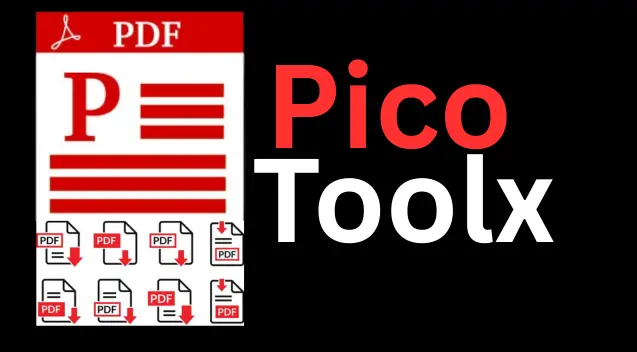Analysis Report
Enter your content and click "Analyze" to see the report.
Optimize your articles for search engines by analyzing word count, keyword density, readability, and more.
Advertisement Space (e.g., 728x90)
Enter your content and click "Analyze" to see the report.
Advertisement Space (e.g., 300x250 or responsive)
In the competitive world of digital marketing, creating great content is only half the battle. The other half is ensuring that search engines like Google can find, understand, and rank it. This is where on-page SEO comes into play. A powerful SEO Content Analyzer is an essential tool for any writer, blogger, or marketer, acting as a personal SEO writing assistant to help you optimize your content for success.
Meet Alex, a travel blogger. He wrote a beautiful 2000-word article about his trip to Paris but was getting no traffic. After using a content analyzer, he realized his keyword density was too low and his readability score was poor. After making a few simple tweaks suggested by the tool, his article started climbing the search rankings. This is the power of data-driven content optimization.
An SEO Content Analyzer is a tool that evaluates a piece of written content against key on-page SEO metrics. It goes beyond a simple spell checker to provide deep insights into how well your content is optimized for your target keyword. It functions as an all-in-one on-page SEO checker, typically analyzing:
Using a content optimization tool like this helps you bridge the gap between writing for humans and optimizing for search engine algorithms.
Simply writing what you "feel" is right is no longer enough. Analyzing your content provides a competitive edge:
There is no magic number, but most SEO experts agree that a keyword density of 1-2% is safe and effective. This means for every 100 words, your keyword should appear 1-2 times. Overusing your keyword (keyword stuffing) can lead to a penalty from Google.
Generally, yes. A higher score means your content is easier to read for a wider audience. For a general blog post, aiming for a score that corresponds to an 8th-grade reading level is a good target. However, if you are writing a highly technical academic paper, a lower readability score is expected and acceptable.
Yes. This is a client-side tool. All analysis is done in your browser, and your content is never uploaded to any server, ensuring it remains 100% private.
Creating content that both readers and search engines love is the key to online success. Our SEO Content Analyzer acts as your personal optimization guide, providing the data-driven insights you need to refine your writing. By focusing on metrics like keyword density, readability, and strategic keyword placement, you can transform a good article into a high-ranking masterpiece. Use this free SEO tool to analyze, optimize, and conquer the search results.

PicoToolx offers a suite of free online tools. Edit, convert, calculate, and manage files securely and effortlessly, directly in your browser.